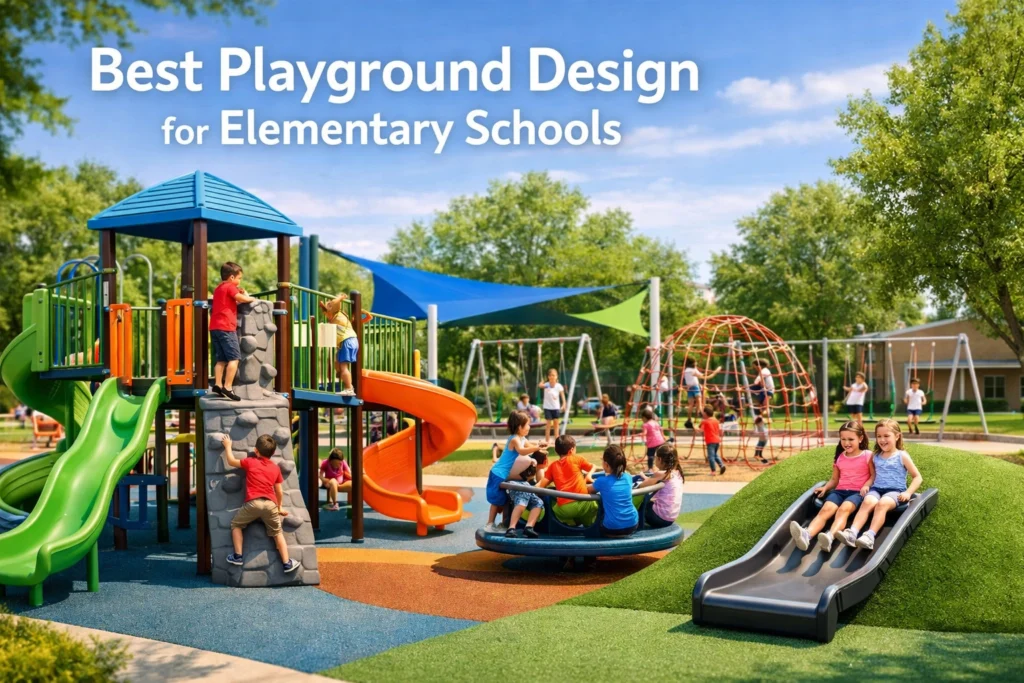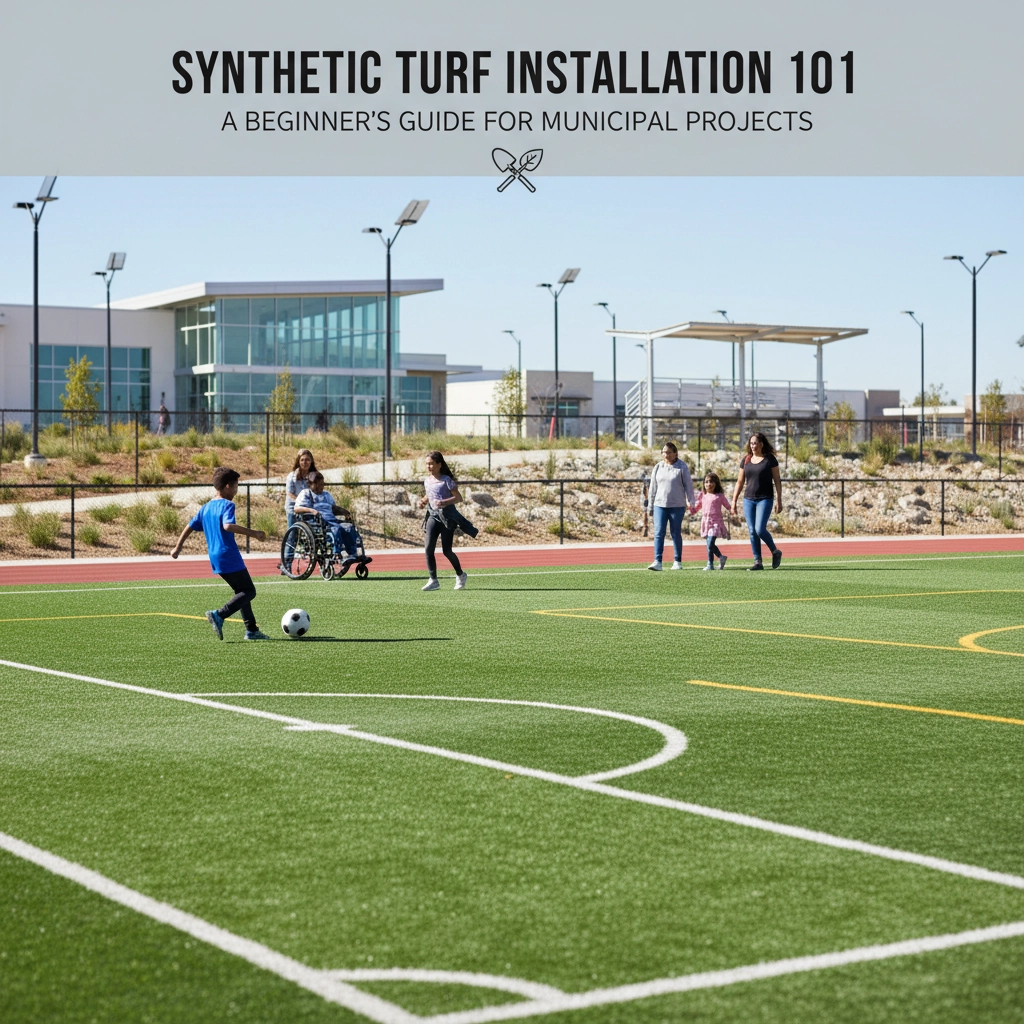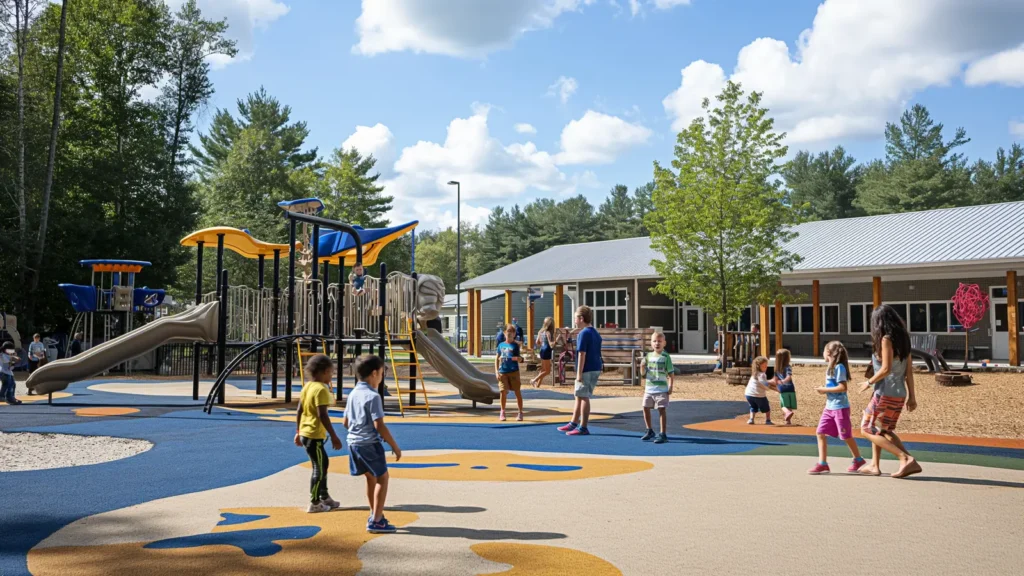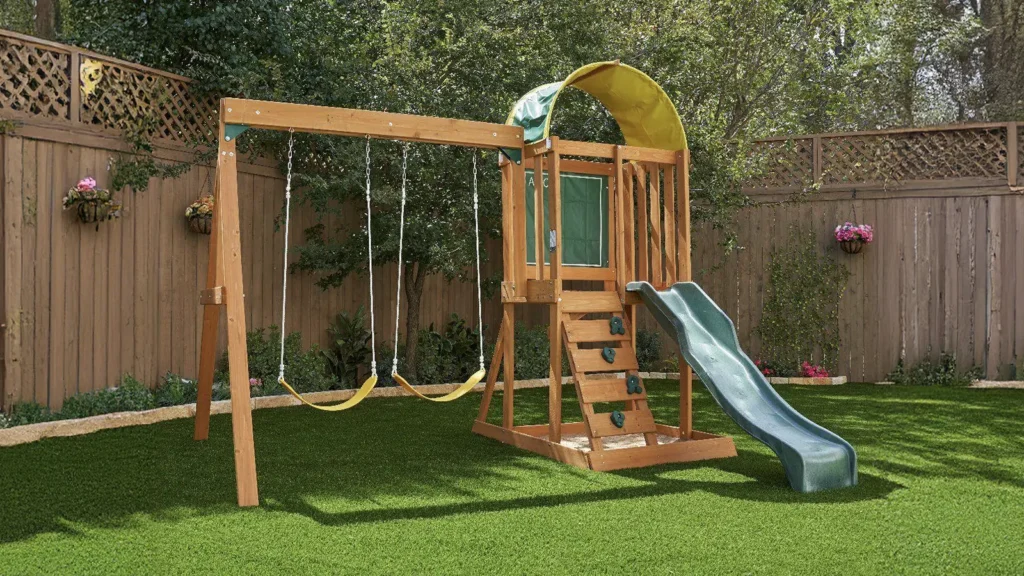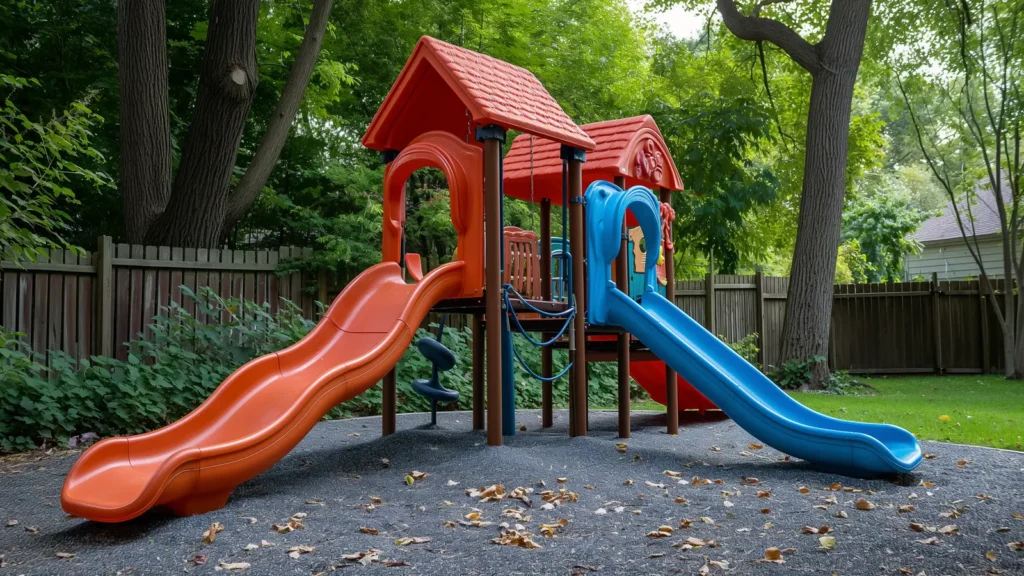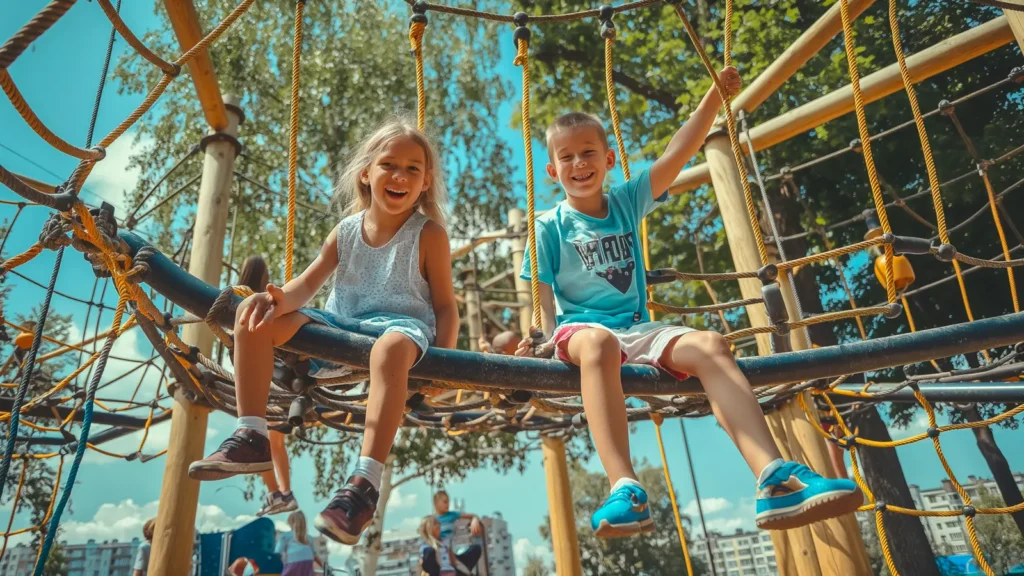Playgrounds are crucial in the development of children, particularly those in elementary schools. The right equipment for elementary school playgrounds enhances physical activity and promotes social interaction and cognitive development. From swings and slides to more complex playground structures, the variety of elementary school playground equipment available today offers numerous benefits for school-aged children. This article explores essential features of playground equipment, the importance of safe and engaging designs, and how to enhance the overall playground experience.
Modern playgrounds have become more than just places for children to play. Designed with specific developmental goals in mind, they provide opportunities for kids of all ages to learn, grow, and interact in a safe environment. The integration of advanced materials and innovative designs has made playgrounds more engaging and safer than ever. Schools must carefully consider the types of equipment they install to meet the diverse needs of their students.
Essential Features of Playground Equipment
Playgrounds play a crucial role in the development of children, particularly those in elementary schools. The right school playground equipment enhances physical activity and promotes social interaction and cognitive development. This article explores the essential features of playground equipment that support active play, social interaction, and the development of gross motor skills, all of which contribute to the overall well-being of preschool and school-aged children.
Active play is essential for children’s health and development, encouraging them to engage in physical activities like swinging, sliding, and climbing. These activities help improve balance, coordination, and cardiovascular health and build endurance. Additionally, active play reduces stress and anxiety levels, providing kids with a natural outlet for energy and promoting teamwork and cooperation through group activities and games.
Playgrounds are vital social hubs where children make new friends and develop social skills through cooperative play on equipment like swing sets and seesaws. These interactions foster emotional development, build confidence, and promote inclusivity. Social play teaches children empathy, negotiation, conflict resolution, and understanding different perspectives, which are crucial for overall social development.
Developing gross motor skills through playground activities is crucial for children’s physical development. Climbing, sliding, and swinging strengthen large muscle groups and improve coordination and spatial awareness. These skills lay the foundation for more complex movements and contribute to better academic performance by enhancing concentration, classroom behavior, and overall cognitive function. Schools that provide diverse playground equipment help children develop a well-rounded set of motor skills and promote lifelong fitness habits.
